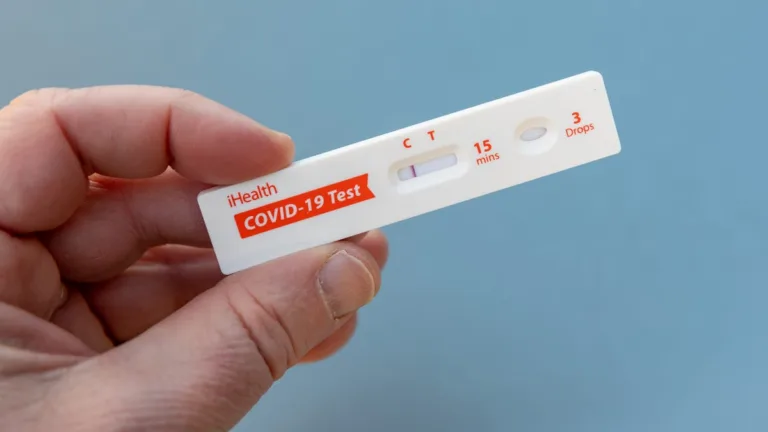How to Fall Asleep Fast: Expert Tips for a Good Night’s Sleep
We all know the importance of a good night’s sleep, but many of us struggle to fall asleep quickly. To help us understand the secrets to a restful sleep, we turned to sleep expert Dr. Preeti Devnani. Dr. Devnani has dedicated her career to studying and managing sleep disorders, making her the perfect person to teach us how to fall asleep fast.
In today’s fast-paced world, factors such as long work hours, demanding jobs, excessive technology use, social media exposure, noise pollution, sedentary lifestyles, substance abuse, and global travel across different time zones contribute to poor sleep quality. These factors not only cause sleep insufficiency but also increase the risk of chronic diseases, reduced productivity, and a lower quality of life.
Three sleep-saving tips from Dr. Devnani:
- Stick to a consistent sleep schedule: Going to bed and waking up at the same time every day helps regulate your body’s natural sleep-wake cycles.
- Lower the temperature for better sleep: Creating a cool environment of around 65 degrees Fahrenheit can facilitate sleep onset by inducing a mild drop in your core body temperature.
- Choose the right mattress: Select a mattress that suits your personal comfort preferences and supports any specific medical conditions you may have, such as back or neck pain. Consider investing in a hypoallergenic mattress if you have allergies.
Diet and nighttime routine:
What we eat and how we unwind before bed can also affect our quality of sleep. Consuming foods rich in tryptophan, such as almonds, chicken, turkey, soybeans, and eggs, can promote sleep due to their role in melatonin production. However, it’s important to limit caffeine intake, especially after 3 p.m., and to be cautious with alcohol, as it can disrupt sleep patterns.
To further enhance your ability to fall asleep quickly, Dr. Devnani recommends these expert tips:
- Establish a regular sleep schedule: Consistency is key in promoting a healthy sleep-wake cycle.
- Create a relaxing bedtime routine: Engaging in activities like taking a warm bath, journaling, sipping decaffeinated tea, reading, meditating, listening to soothing music, stretching, or practicing breathwork can help prepare your mind and body for sleep.
- Reserve your bed for sleep and intimacy: Avoid using your bed as a workspace, as this can disrupt the association between your bed and sleep.
- Exercise in the morning: Physical activity in the morning, especially in natural sunlight, can energize you for the day while helping regulate your sleep pattern. Avoid intense workouts close to bedtime as they can interfere with sleep.
- Reduce electronic device use before bed: The blue light emitted by electronic gadgets like phones, tablets, and televisions can disrupt melatonin production and inhibit sleep. Minimize or eliminate electronic use at least two hours before bedtime.
Emergency strategies to fall asleep quickly:
In some situations, you may need to fall asleep fast. Here are a few techniques that can help:
- Try guided visualization or meditation: Apps like Headspace, Calm, and Superhuman offer soothing meditations and visualizations designed to promote relaxation and sleep.
- Apply paradoxical intention: Instead of stressing about falling asleep, engage in activities that relax you, such as reading or having a relaxed conversation.
- Count your breaths: A simple technique is to focus on your breathing and count your exhales and inhales. This can help divert your attention and induce sleep.
By following these expert tips and incorporating them into your daily routine, you can improve your sleep quality and enjoy the benefits of a good night’s rest.
Source: Expert-Backed Tips for Falling Asleep Fast—In 5 Minutes or Less







